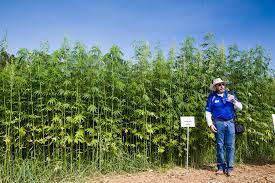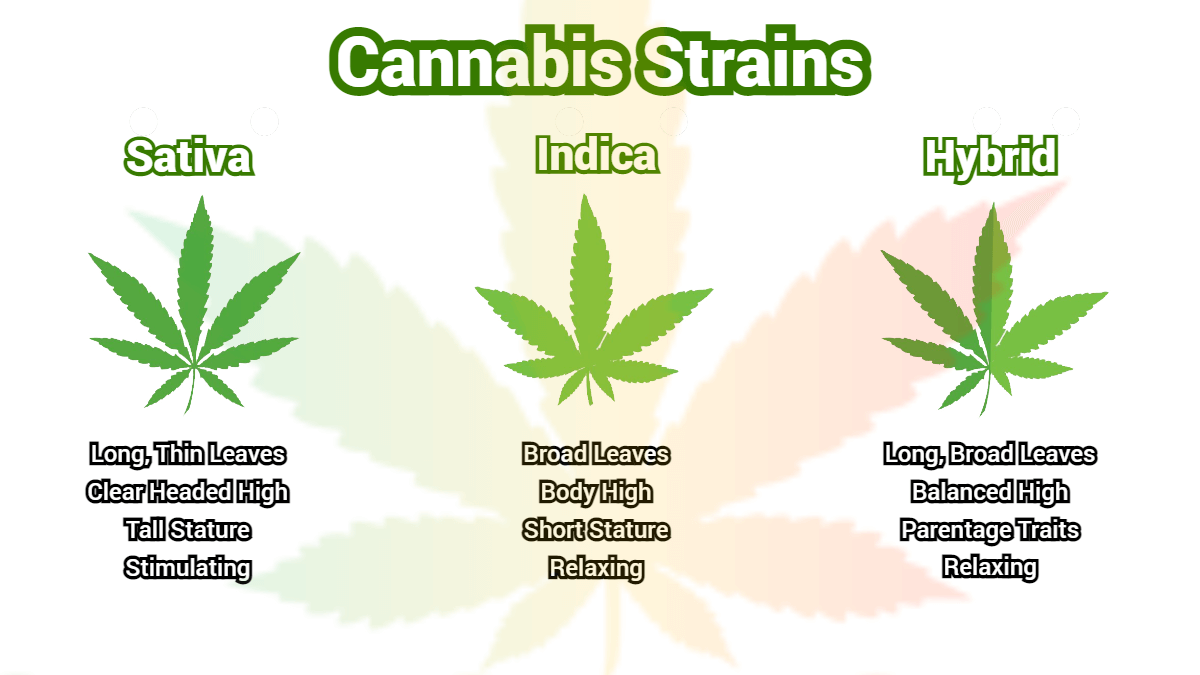Cannabidiol (CBD) has gained attention in recent years as a potential treatment option for epilepsy. Epilepsy is a neurological disorder characterized by recurrent seizures. While CBD has shown promise in managing certain types of seizures, it is important to note that research is still ongoing, and the use of CBD for epilepsy should be done under medical supervision.
Here are some key points regarding CBD in epilepsy treatment:
- Research and Clinical Trials: Several studies and clinical trials have investigated the effects of CBD on epilepsy, particularly in individuals with severe forms of epilepsy, such as Dravet syndrome and Lennox-Gastaut syndrome. These studies have provided evidence that CBD may help reduce seizure frequency and improve overall quality of life in some patients.
- FDA Approval: In 2018, the U.S. Food and Drug Administration (FDA) approved a CBD-based medication called Epidiolex for the treatment of two rare forms of epilepsy—Dravet syndrome and Lennox-Gastaut syndrome. Epidiolex is a purified form of CBD and has demonstrated efficacy in reducing seizure frequency in clinical trials.
- Mechanism of Action: The exact mechanisms by which CBD exerts its anticonvulsant effects are not yet fully understood. However, CBD is thought to interact with various receptors in the brain, including cannabinoid receptors, serotonin receptors, and transient receptor potential channels, which may contribute to its antiepileptic properties.
- Side Effects: Like any medication, CBD can have side effects. Commonly reported side effects include fatigue, diarrhea, decreased appetite, and changes in liver function. It is important for individuals considering CBD for epilepsy treatment to consult with a healthcare professional who can monitor their progress and adjust the dosage as needed.
- Drug Interactions: CBD can interact with other medications, including those commonly prescribed for epilepsy, such as clobazam. These interactions can affect the metabolism of certain drugs, potentially leading to altered blood levels and efficacy. Therefore, it is crucial to inform your healthcare provider about any medications you are taking before starting CBD treatment.
- Individual Variations: The effectiveness of CBD as an epilepsy treatment can vary among individuals. Some people may experience a significant reduction in seizures, while others may not see any improvement. It is important to manage expectations and work closely with a healthcare professional to find the most appropriate treatment approach.
- Legal Considerations: The legality of CBD varies from country to country and even within different regions or states. It is essential to understand the legal framework and obtain CBD products from reputable sources that comply with regulatory standards.
In conclusion, CBD has shown promise as a treatment option for certain types of epilepsy, particularly in the form of Epidiolex, which is an FDA-approved medication. However, it is important to consult with a healthcare professional experienced in epilepsy management to determine if CBD is a suitable option and to ensure proper monitoring and dosage adjustments.



